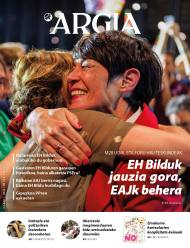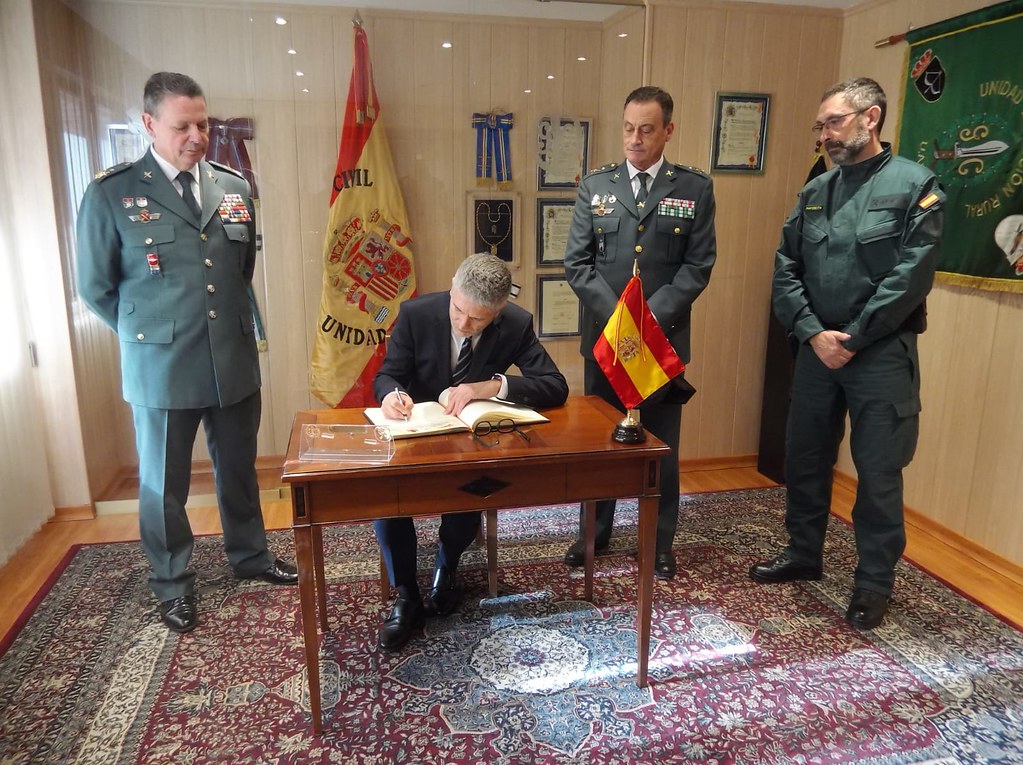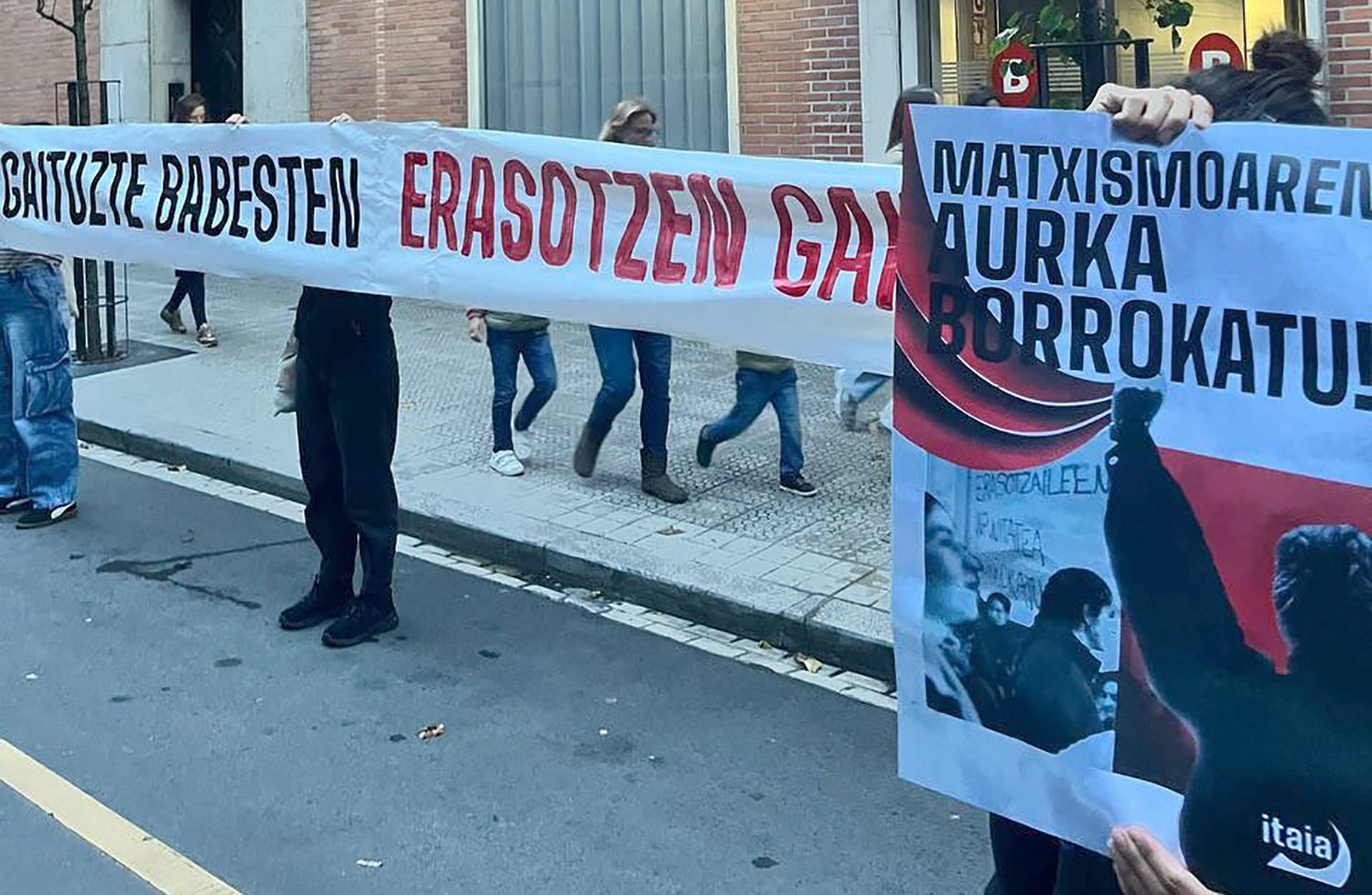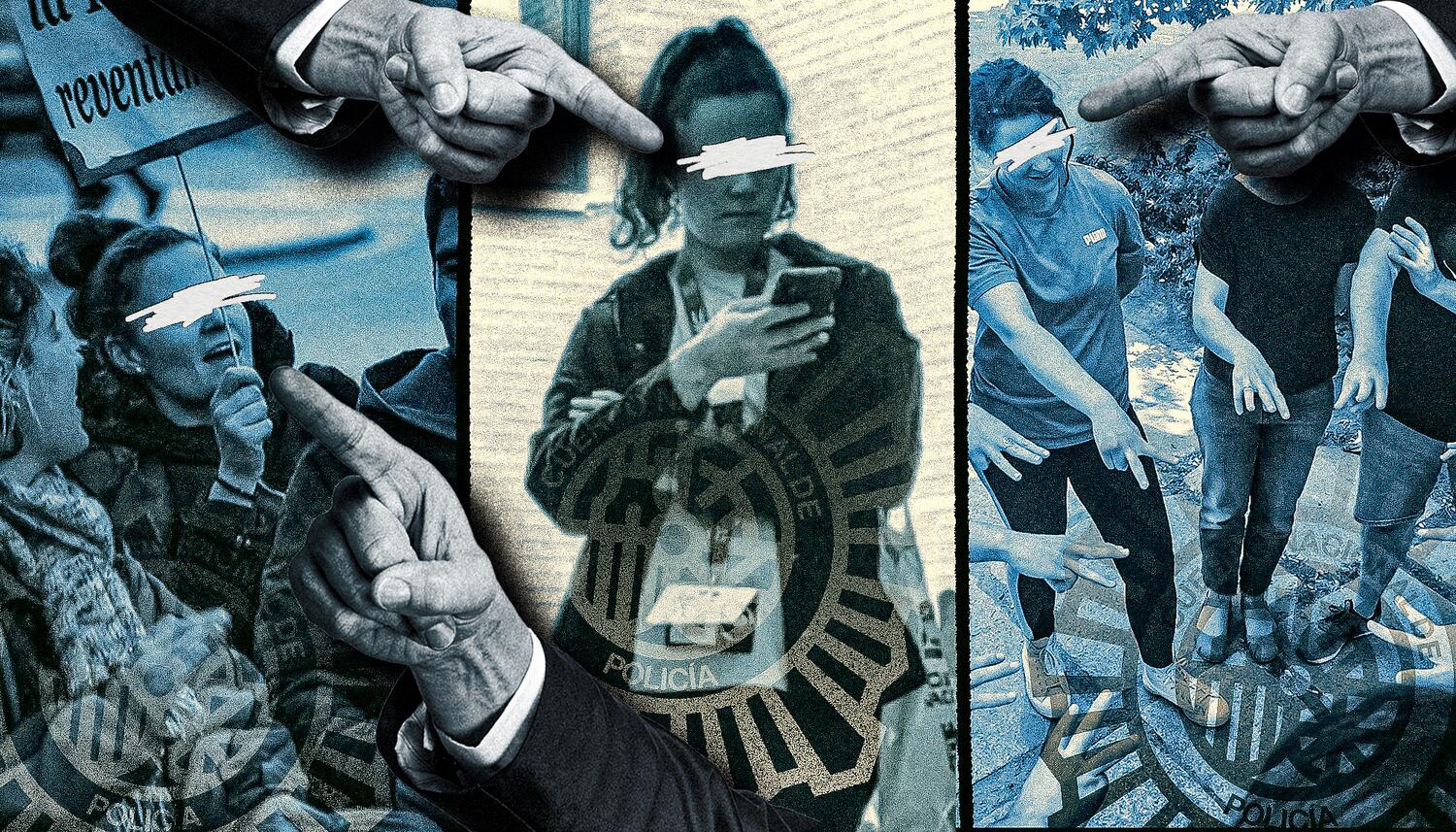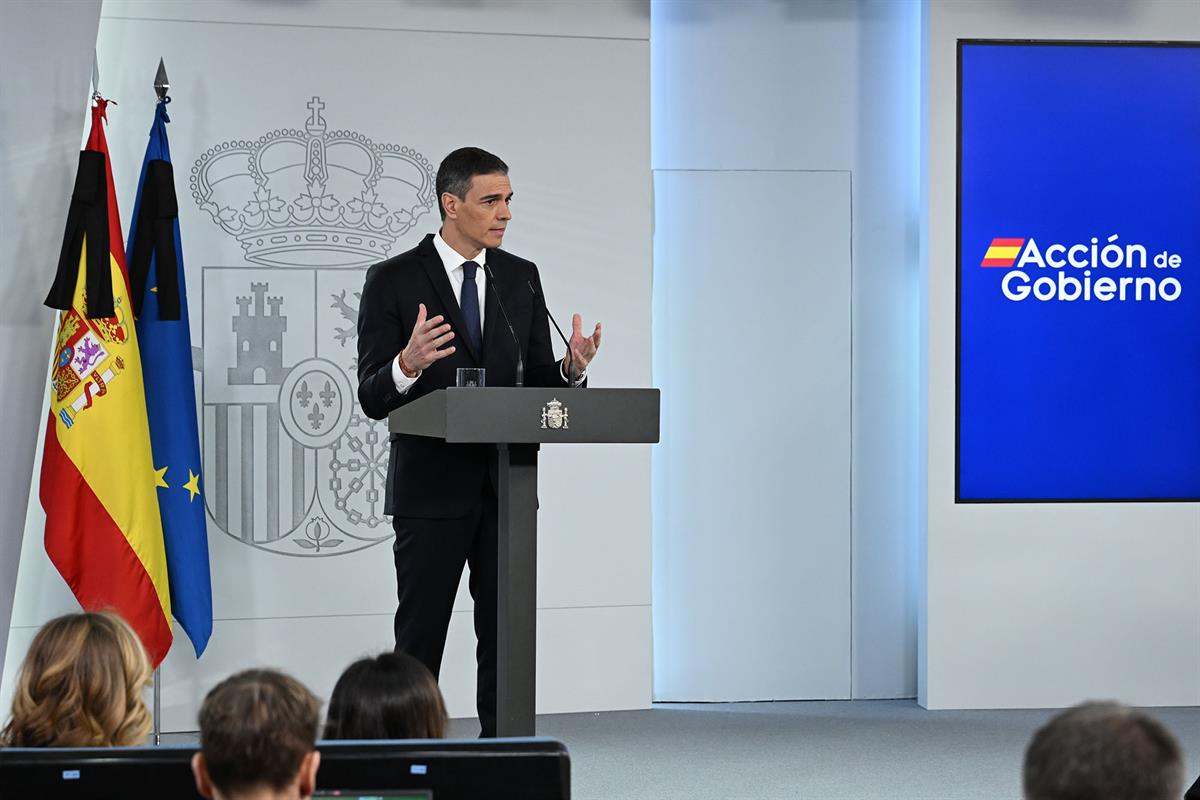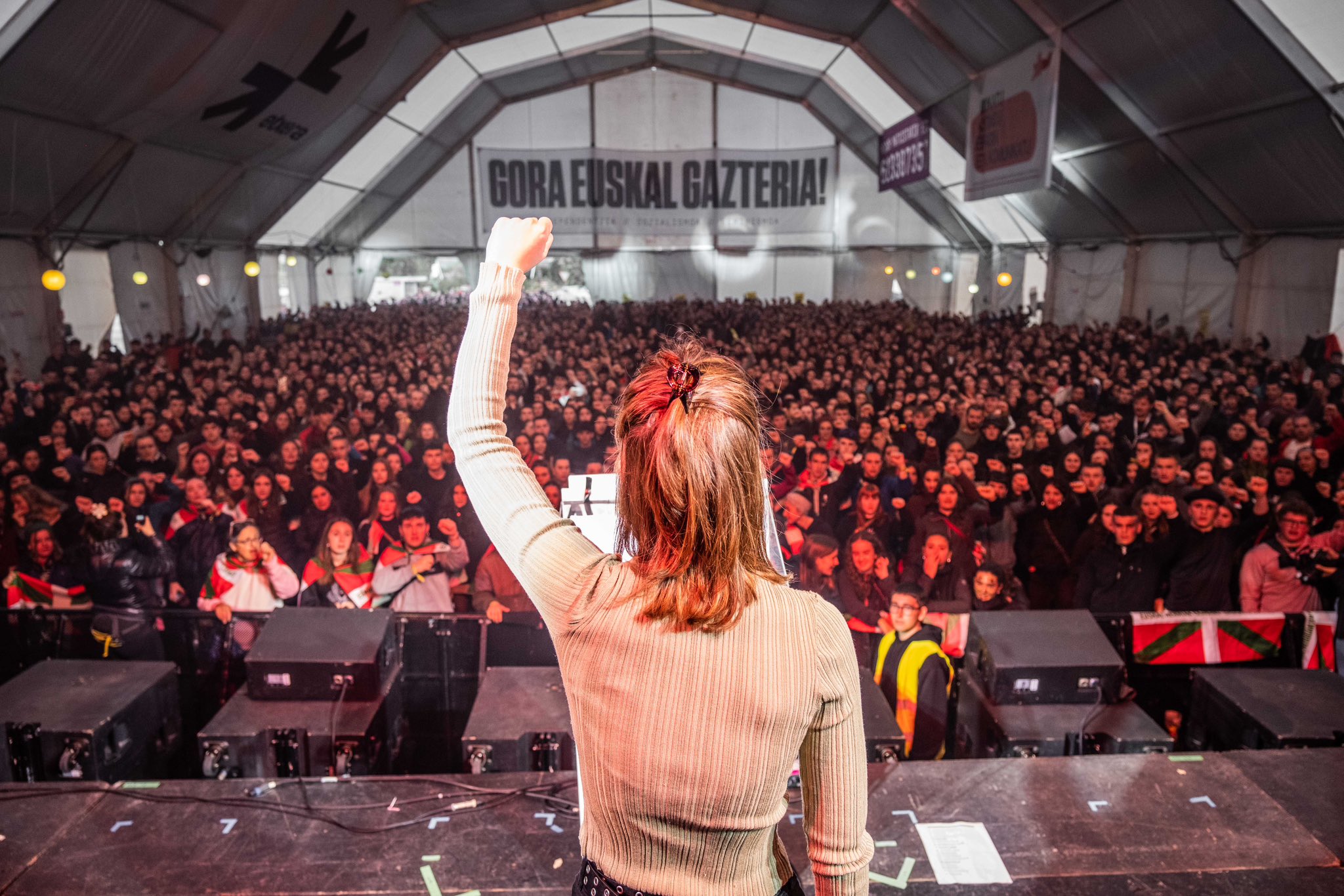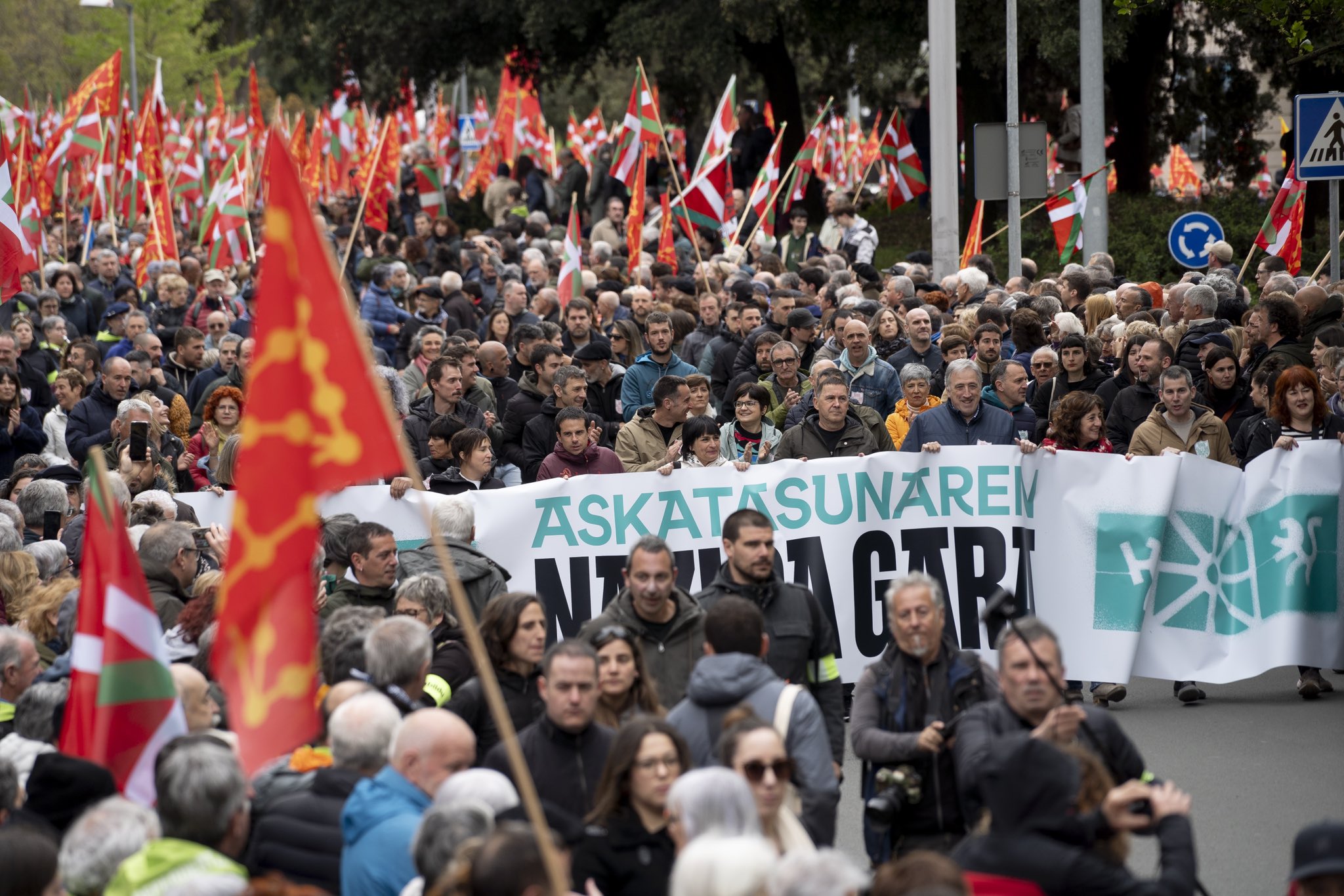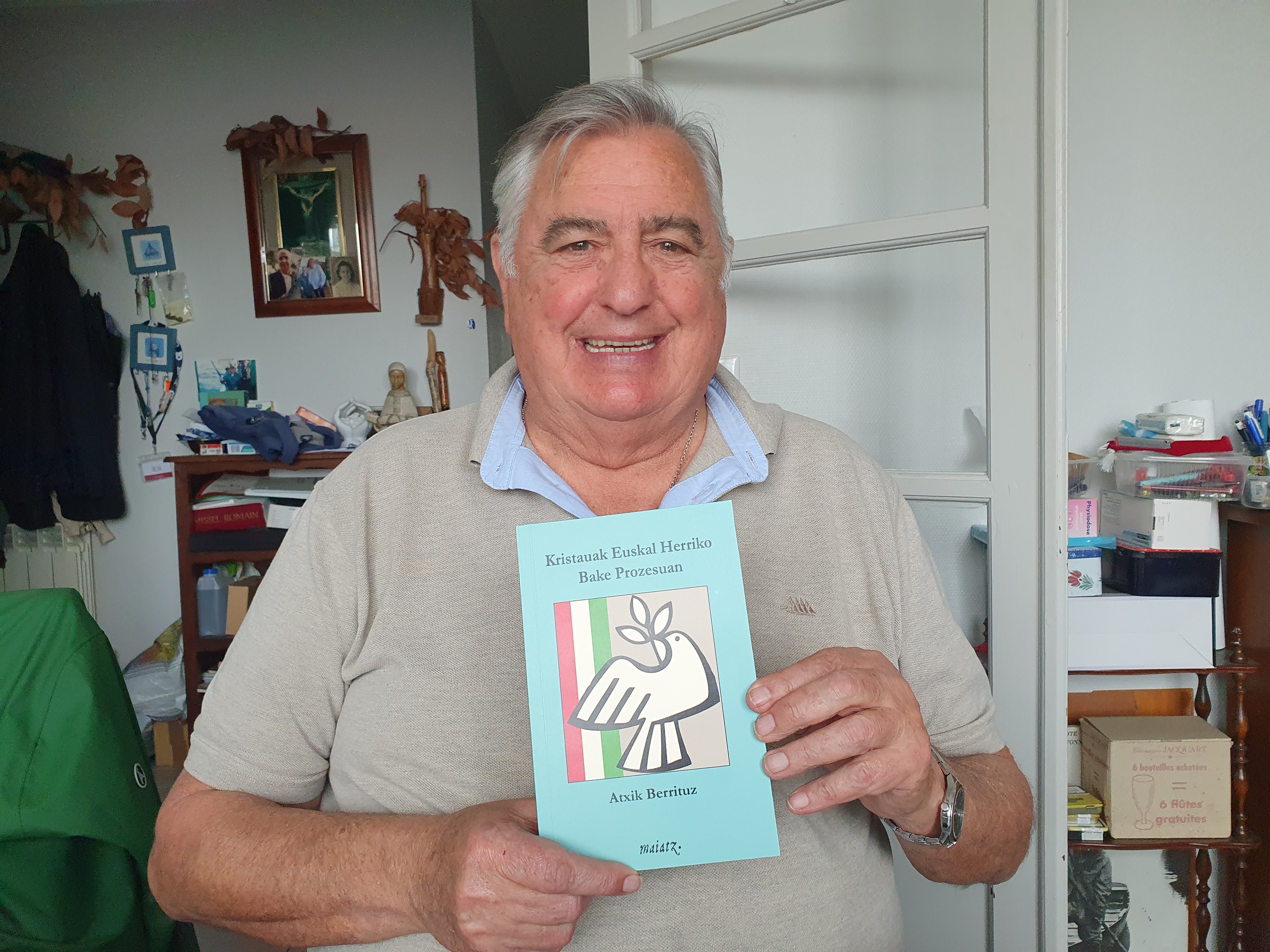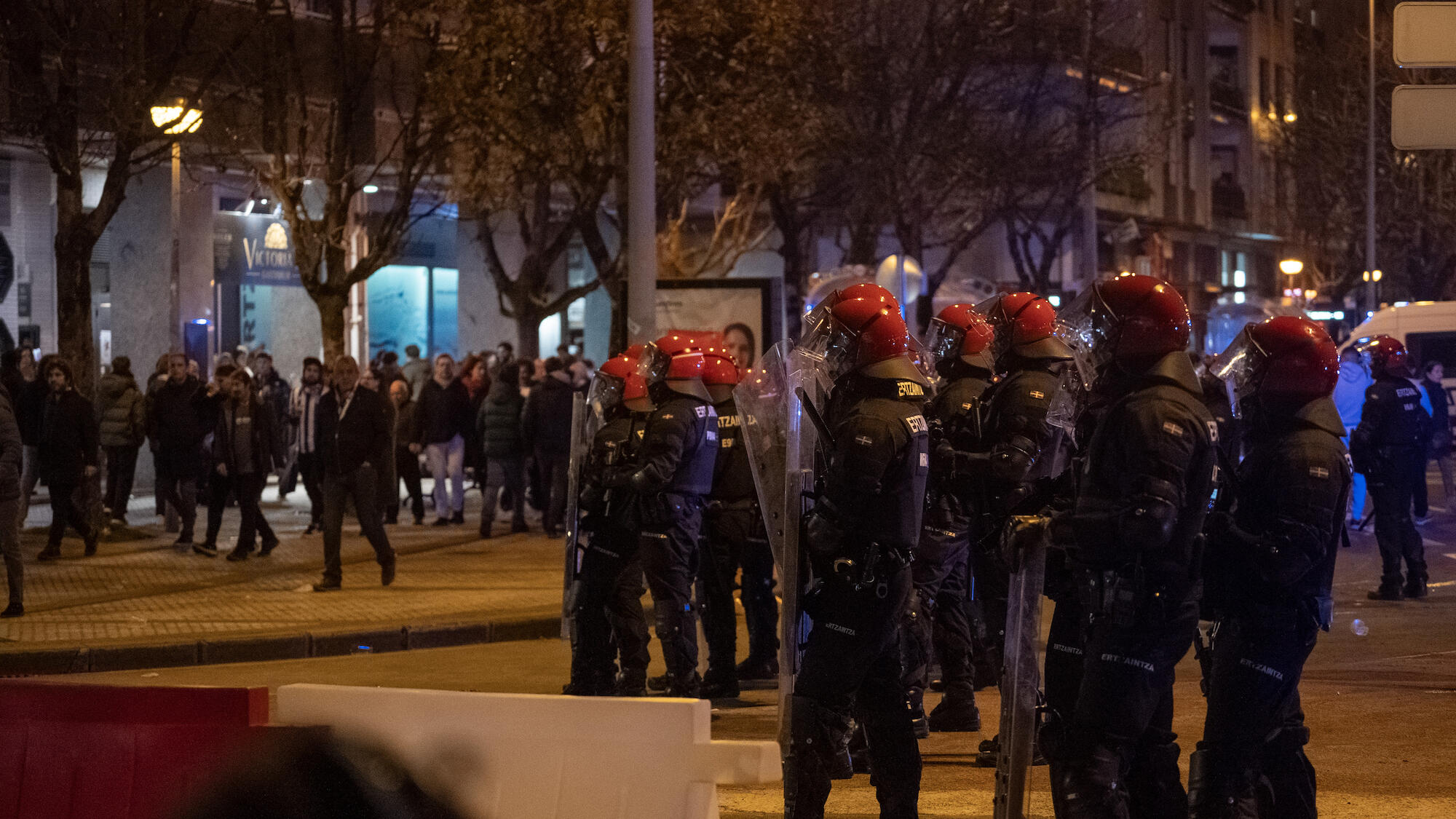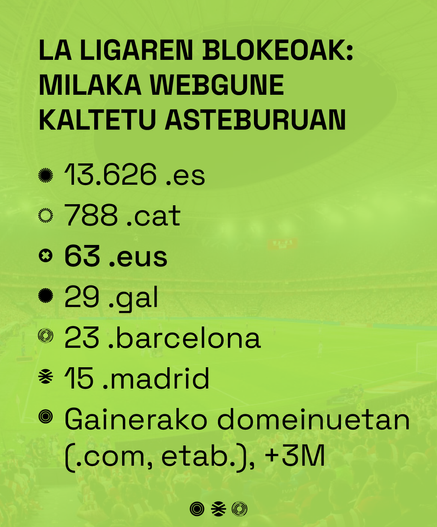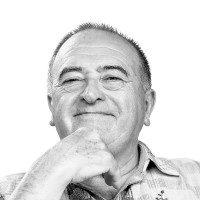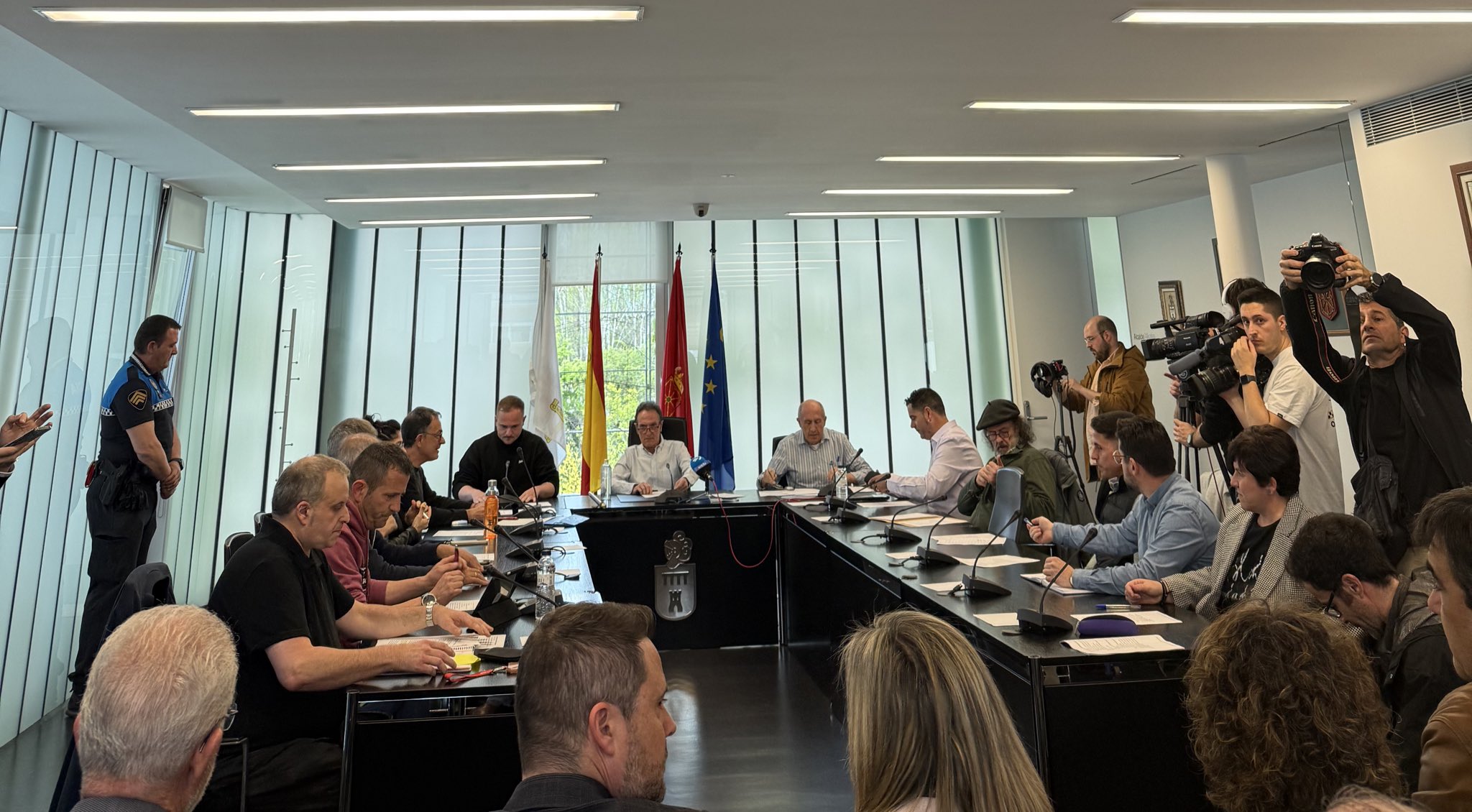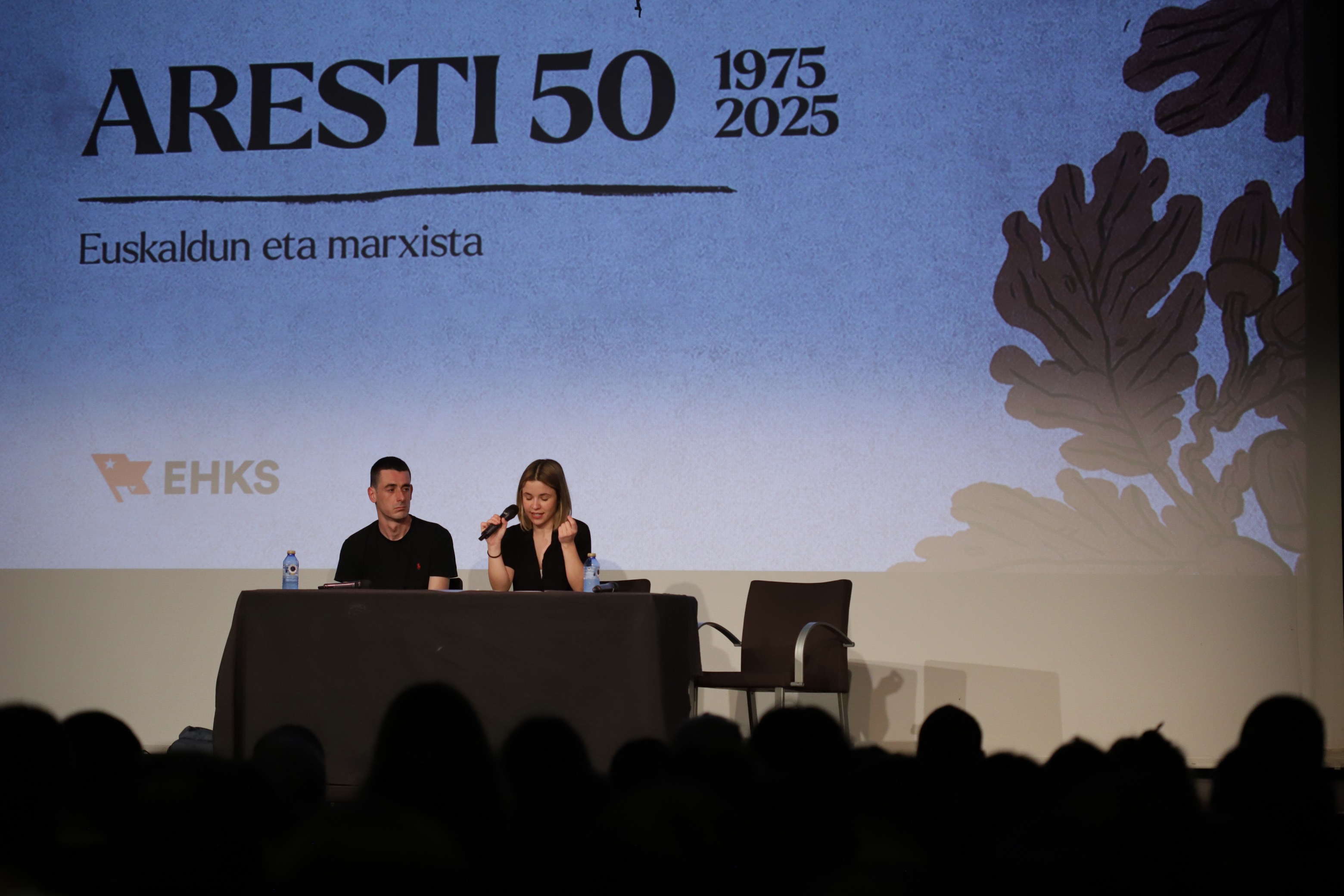"The survey will help us figure out what we are and to decide where we place the adjacent station"
- Fed by the past and in the current context, the Bagira process aims to be a collective exercise for the future. On the occasion of the 60 years of the first Aberri Eguna in Iparralde, held in Itsasun in 1963, its aim is to reach a medium-term roadmap of the Abertzale movement. We met with Anita Lopepe, one of the organizers of this process, with the intention of knowing the details: as important as the notion of Abertzale is the word movement. With this we understand that we are talking about individuals and structures that have participated in the construction of a sovereign, supportive, feminist, Basque Country based on social justice in recent decades."
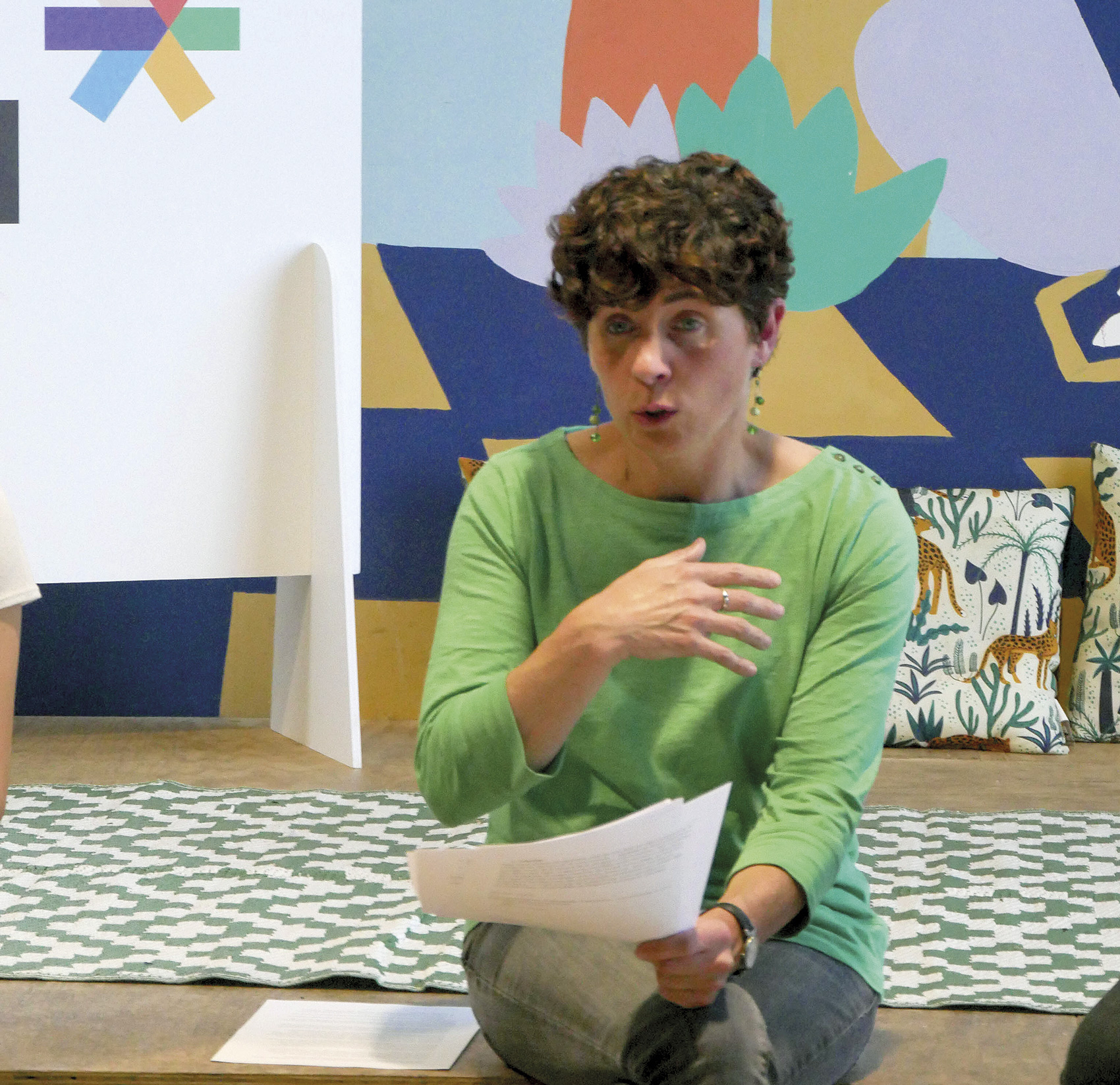
The Bagira process goes ahead and you are already in the second phase: diagnosis. Does it remind us what Bagira is?
It is a process of reflection. It aims to organize a reflection on the broad base of the Abertzale movement to complete the shared roadmap for the coming years. Last December we made it public and until the Aberri Eguna of 2024 the process has different phases: until the Aberri Eguna of this year we have made a historical transmission, the struggles that nationalists have made progress in previous years and decades ago, to remember the projects they have been building and to make known to those who have not known those times. We wanted to draw some lessons from the road we have taken. This phase has been consolidated with the Aberri Eguna, a date that we wanted to symbolically mark because 60 years ago the bases of nationalism in Iparralde were laid in the same place, Itsasun. We have now opened the second phase, called diagnosis, to analyze what we are. We will then agree on a shared roadmap.
What do we highlight about this 60-year journey?
It was clear from the beginning that we were not going to agree on a single story and draw common conclusions. We didn't have that goal, and I personally think it's not possible. We wanted to publish what the struggles have brought as movements. The contribution of the Abertzale movement can be said to have been very fruitful. It has been diverse, structured and extraordinarily concrete projects have been carried out in various sectors and subjects, including in cooperation with other non-nationalists. That, in my view, is the clearest conclusion. But historical transmission shows us what remains to be done. All the witnesses who have spoken make this clear: there is no triumphalism, the road has been made, but there is still a way to go. It is also clear that things have changed. The global context has changed and in Euskal Herria things have changed, one for the better.
“At the transmission stage everyone has shown that there is no triumphalism, it has become possible, but there is still to be done”
From self-criticism, have some components that do not want to be repeated been extracted from the diagnostic phase?
Of course, we haven't always been right and we haven't always been refined. There have been divisions and partitions have sometimes weakened the movement, and perhaps others have served to clarify some things. If the context has changed, nothing can be repeated as has been done.
For this second phase you have completed a survey with 40 questions.
With the survey we have a pretty statistical and quantitative diagnosis and we want to collect people's opinions. That's what's going to give us the temperature: the perception of the path traveled, the Abertzale movement, of the challenges we're going to face -- that's going to be a very valuable base to then complete the qualitative diagnosis. Next, and with the objective of solving certain problems, we will focus on moments of other forms – thematic sessions, crossing of varied profiles on transversal themes, etc. That is why we want the highest opinion from nationalists, we want the task to be participatory. As we are going to agree on a roadmap, let the base be wider than the structures dedicated to it. This data collection will be a treasure trove. But the exercise is the same: to put hundreds of nationalists in mind, to reflect on the 40 questions we have prepared for some reason. For us this is a lot, it is the essence of the reflection process.
.jpg)
The EH Bai party is there, which is gaining strength year after year. Will you take on and take into account what comes out of this survey, even if you are asked for some changes?
When we start this dynamic, we apply the beginning and the end, because Bagira is not a movement, but a process. By 2024, we intend to establish a number of individuals and structures in our minds, in order to create a shared roadmap. We share the overall objectives. Once this work has been completed, I could say that the implementation of the roadmap is not dependent on Bagira. Our bet is that if we really achieve a participatory process, the structures, agents and individuals that have participated in the elaboration of the roadmap will assume their role and become a benchmark when establishing their own lines.
One leg in elections, another leg in activism. Not losing the balance between the two can be one of the challenges of the Abertzale movement. Perhaps the note “Attention, don’t lose the activist leg” comes out of the survey...
When we started the initiative, we shared the following reading: the Abertzale movement has grown, the global environment has changed a lot, and that generates new questions. This implies the need for updating and perhaps we need to strengthen the driving force. What do we mean by “movement”? One of the questions in the survey is “what is the Abertzale movement?” If it is a convergence behind the word movement, and we are told that nationalists have to work consciously towards common objectives. It is also possible thanks to the experience of 60 years of progress, due to the diversity of structures and individuals who have worked for common objectives and projects. We must build this country and build it with a character: socially just, environmentally friendly, Basque people, feminist, solidarity... We are told that this character of movement needs to innovate and strengthen us. So comes the roadmap to reach agreement on the next steps and the road. Will they take on the structures, the individuals and the elected officials? We want to think so. But that is not going to depend more on Bagira, because Bagira is by no means a coordination between agents.
“The aim is the same exercise: to put hundreds of nationalists in mind around
40 questions. That’s a lot for us.”
When they say abertzale movement, does the PNV or the Ipar Buru Batzar have its place there?
At the beginning of the process, we aimed to organize the days of the Iparralde Abertzale movement. The word movement is as important as the notion of “abertzale”. With this we understand that we refer to the people and structures that have participated in the construction of a sovereign, supportive, feminist, Basque Country based on social justice in recent decades. The PNV has not been part of the history of the Abertzale movement in Iparralde. We also think that there are differences in the social project and in the characterization of the political project.
The Northern Basque Country is an attractive territory, with 22,000 more inhabitants in 20 years, most of them reached “a succulent French region”. This will be another major challenge for the future.
I have my own personal opinion, as you have yours, but Bagira is a process, no reflection on it. It is obvious, however, that there is such distress behind the survey. If we say that the situation has changed, we also take account of this variable. We want to know through questions what the priorities are in the future challenges, what are the strengths or weaknesses of the Abertzale movement on this issue… We want to have the opinions of the most recent people interested in the Abertzale movement so they feel that they too have room. For a stranger it is not easy to capture his place, although the various evolutions of recent years – election results, parental profiles of ikastolas, etc. – show us that our project is inclusive. As you say, demographic evolution is a challenge for the Basque movement and it will have to be led in a transversal way – language, land, housing, culture, etc.

We also have the Basque question. The use of Basque is declining, according to the latest socio-linguistic survey we are 7.1% who use as much or more of the French Basque (in 2003 we were 10%). What can be said about the relationship and work of the Basque movement with language?
We met with about 40 Iparralde agents to publicize the reflection process. Among them were Basque cultural agents, some known, inevitable, others belonging to more typical associations. It became clear that as Abertzale we have something to reflect on the Basque, we have to look at what we have done and identify everything at stake. In the field of Basque cultural activity, we are now obliged to respond on a regular basis, bearing in mind that achievements can be questioned or damaged. The French State leads us to the resistance to defend that ttip we have. The note we received from the type associations was that, while we defended it, perhaps the great challenge, the survival of the Basque Country, we did not analyze it at all. Like so many other issues, it will also be possible to respond effectively to the Basque antidote by sharing our opinions and forces. As for the diagnostic phase, I think I do not risk much if I consider that Euskera will be a subject that will need specific treatment. Our goal would be to bring together agents or individuals working in the Basque industry, to cross different points of view, to get out of that swirl that forces us to day by day and put our eyes on the horizon. Also in the twenty-first century we would like to reflect on the stages and elements that make up this country to be Basque. From my point of view, the Basque sphere justifies the essence of the Bagira process: in the Basque sphere there are many things being done, there or here, but we have to set and organize the global vision.
“We want the views of the most recent people interested in the Abertzale movement so that they too feel they have room”
You speak of the sovereign Basque Country. Are we talking about independence?
It's one of the survey questions. That is what we want to ask ourselves, and everyone here has their answer. We want that question to be answered by hundreds of nationalists. What are the basic concepts of the 21st century (national, Basque, political sovereignty, sovereignty, socialism…). We need to know where the cursor is located. We believe that posing the question is not a sacrilegious one, but we have to ask the question and see it. In order to do this, we must take the possible answers to measure whether these bases are still alive and see whether some new ones need to be added. For example, it is not a vote, it is a process of reflection, it will serve us to take the temperature, to deduce what we are and to decide where we place the neighboring station.
This is a survey conducted with the Aztiker research center. EH Bai has about 23,000 voters, so roughly 23,000 nationalists. How many answers should you receive to ensure reliability?
Aztiker say a sample of a thousand people is good to be representative. As it is intended to be representative, in addition to denying a critical amount, we must guarantee a number of elements (male/female ratio, territoriality, diversity of fighting sectors…). Some questions serve to complete the profile of those responsible, so if we see imbalances thanks to the technical help of Aztiker, the activation of people will be in our charge to guarantee the statistical value. But we want more answers because Bagira wants to be a participatory process.
Atxik Berrituz giristino taldeak Kristauak Euskal Herriko bake prozesuan liburua argitaratu du Maiatz argitaletxearekin. Giristinoek euskal bake prozesuan zer nolako engaiamendua ukan duten irakur daiteke, lekukotasunen bidez.
It’s not Christmas Day, it’s Christmas Day that we Basques need. Once a year there are repeated calls from potential patriotic parties and groups, on these dates, the homeland of the Basque Country is the Basque Country/Euskal Herria around the proclamation. It's a matter of a... [+]









